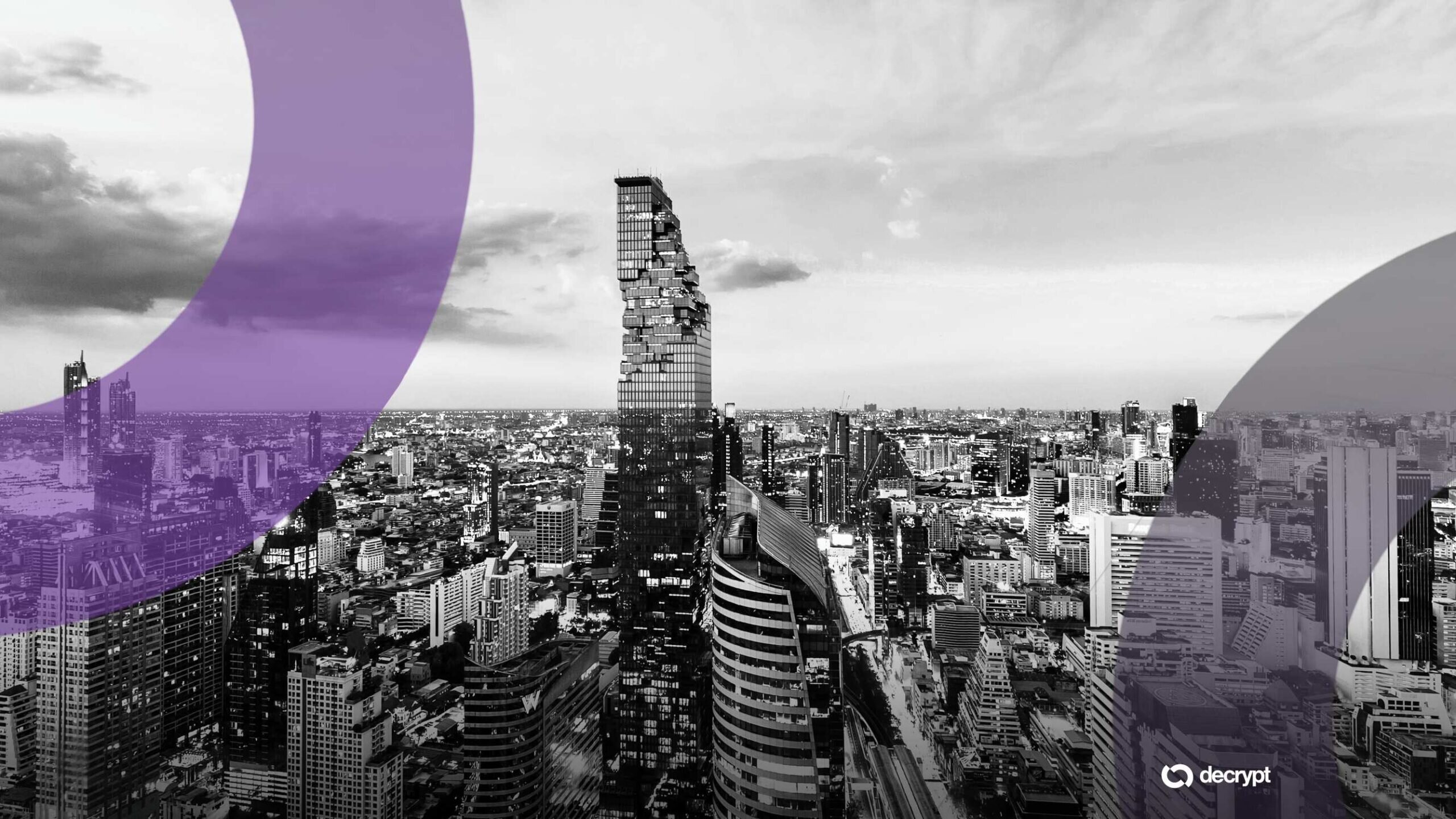Bitcoin Price Could Double by 2025, Says ‘Rich Dad’ Author Robert Kiyosaki
TLDR
- Robert Kiyosaki says Bitcoin price could reach $200K by the end of 2025
- He stresses emotional intelligence over IQ in investment decisions
- Kiyosaki shares personal Bitcoin gains despite temporary losses
- Critics point to his history of inaccurate market predictions
- Supporters agree that long-term focus helps manage market volatility
Robert Kiyosaki, author of Rich Dad Poor Dad, projected that the Bitcoin price could reach $200,000 by end-2025. He emphasized the importance of investor psychology and emotional discipline as crucial elements in driving financial success, especially during volatile markets.
Bitcoin Price Forecast Based on Investor Psychology
Robert Kiyosaki shared that he expects the Bitcoin price to double over the next year. He explained this view on his official X account, citing personal experience. His statement garnered widespread attention in the cryptocurrency investment community.
He mentioned,
Kiyosaki stressed that fear prevents people from recognizing long-term gains during short-term dips. He said fear plays a bigger role than intelligence in wealth creation.
According to Kiyosaki, emotional intelligence often surpasses IQ in investment decision-making. He pointed out that many educated people remain poor due to fear-based decisions.
Emotional Intelligence Over Traditional Strategies
Robert Kiyosaki argued that understanding emotions is more valuable than market analytics when investing in cryptocurrencies, such as Bitcoin. He believes most people exit markets too early due to temporary declines. This, he said, hinders them from achieving long-term growth.
He encouraged investors to adopt patience and remain calm in the face of price fluctuations. “Winners zoom out. Losers zoom in,” a supporter echoed on X, agreeing with Kiyosaki’s view. The supporter added that many miss long-term gains due to emotional reactions.
Kiyosaki pointed to the psychological reactions investors have when viewing unrealized losses. He shared that his portfolio grew, despite showing temporary downturns. His stance suggests that resilience often yields higher returns.
Mixed Community Reactions and Previous Criticisms
Robert Kiyosaki’s Bitcoin price prediction drew mixed feedback from the crypto community on X. Some users supported his outlook, while others questioned his credibility. Critics referred to his previous inaccurate predictions on market trends.
One user mocked Kiyosaki’s mention of “coin base” instead of Coinbase, highlighting minor errors in his post. Another user posted an S&P 500 chart, showing where Kiyosaki’s past predictions were wrong. These posts are intended to caution followers about relying on forecasts.
Despite the criticism, Kiyosaki continued defending his focus on emotional intelligence. He repeated that long-term success depends on how investors manage fear and uncertainty. His followers largely supported this message on X.
Experts Highlight Bitcoin Price Volatility
Financial experts stated that the Bitcoin price remains volatile due to global market changes and regulation. They acknowledged that emotional control may benefit investors, especially during unpredictable cycles. However, many reminded the public of Bitcoin’s historical price swings.
Bitcoin price movements frequently respond to macroeconomic factors and shifts in investor sentiment. Analysts agree that fear and loss aversion strongly influence decision-making. Therefore, they said, psychology should be taken into consideration when evaluating Bitcoin’s future.
The post Bitcoin Price Could Double by 2025, Says ‘Rich Dad’ Author Robert Kiyosaki appeared first on CoinCentral.
You May Also Like

China Bans Nvidia’s RTX Pro 6000D Chip Amid AI Hardware Push

Chinese Man Arrested in Bangkok Over Alleged $14M Crypto Ponzi Scheme
